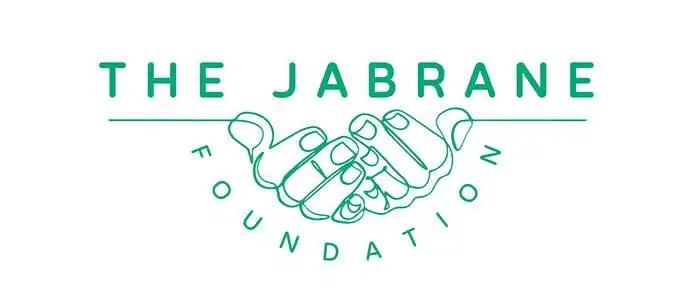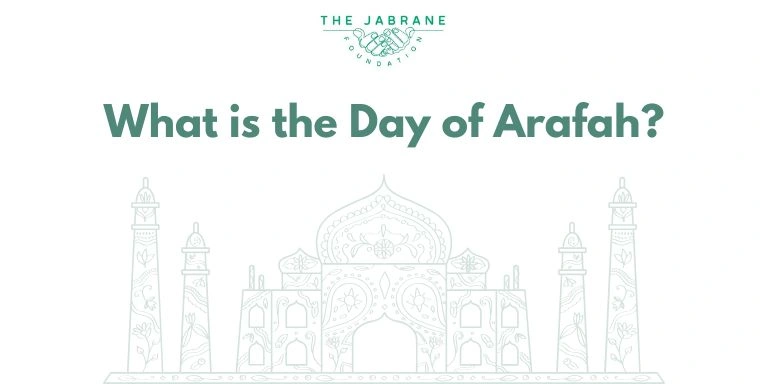The Day of Arafah is one of the most significant days in the Islamic calendar. For millions of Muslims around the world, this day holds deep spiritual meaning and is a time for reflection, worship, and connection with God. But what exactly is the Day of Arafah, and why is it so important? Let’s dive into the details of this sacred day and its significance for Muslims everywhere.
What is the Day of Arafah?
The Day of Arafah occurs on the 9th day of Dhul-Hijjah, the last month of the Islamic lunar calendar. It marks the second day of the Hajj pilgrimage and is a day of deep reflection, fasting, and prayer. This day is known for being a moment of great mercy from God, as it is believed that on this day, God forgives the sins of those who sincerely repent.
In Islamic tradition, the Day of Arafah is a day when the Prophet Muhammad (PBUH) delivered his final sermon, which emphasized equality, justice, and the importance of faith. It is also a day of immense blessings, as it is said that God answers the prayers of those who sincerely worship and seek forgiveness.
The Significance of the Day of Arafah
The Day of Forgiveness
One of the most important aspects of the Day of Arafah is the belief that it is a day when sins are forgiven. The Prophet Muhammad (PBUH) said: “There is no day on which Allah frees more people from the Fire than the Day of Arafah.” (Sahih Muslim)
For Muslims who are not performing Hajj, fasting on this day is highly recommended. It is believed that fasting on the Day of Arafah atones for the sins of the previous year and the coming year, making it a valuable opportunity to seek forgiveness and purification.
The Day of Prayer and Reflection
The Day of Arafah is a time for Muslims to engage in heartfelt prayers and reflect on their lives. It is a day when they seek closeness to God and ask for His mercy and guidance. Many Muslims take the opportunity to spend the day in supplication, asking for forgiveness for their sins, seeking blessings for themselves, their families, and the world.
On this day, Muslims are encouraged to engage in extra acts of worship, including reading the Quran, reciting supplications, and making du’a (personal prayers). The sincerity of these prayers is believed to be more powerful on the Day of Arafah than on any other day.
The Day of Gratitude
Another key aspect of the Day of Arafah is gratitude. It is a day to express thankfulness for all the blessings that God has given, whether they are big or small. Muslims use this day to reflect on their lives and express their appreciation for the countless blessings they have received.
It is also a time to remember the importance of helping others. Many Muslims choose to give charity or perform acts of kindness on the Day of Arafah as a way to show gratitude to God and help those in need.
Support a Good Cause This Arafah:
In the spirit of charity and compassion, consider supporting those in need by donating to the Jabrane Foundation. Your contribution can help provide food, shelter, education, and medical aid to communities that need it the most. On this blessed day, your charity could be a means of great reward and mercy. Visit Jabrane Foundation’s website to make a difference today.
How is the Day of Arafah Celebrated?
Fasting on the Day of Arafah
Fasting is one of the most significant acts of worship on the Day of Arafah. It is considered highly virtuous and is believed to bring immense rewards. While fasting on this day is mandatory for those performing Hajj, it is highly recommended for all Muslims who are not on pilgrimage.
The fast on the Day of Arafah is an act of devotion, helping Muslims purify themselves and draw closer to God. It also serves as a reminder of the hardships faced by the pilgrims during Hajj, as they stand in prayer on the plain of Arafat.
Praying and Making Du’a
Many Muslims spend the Day of Arafah in deep prayer, seeking God’s forgiveness and mercy. Du’a (supplication) is an important part of this day, and Muslims are encouraged to make heartfelt prayers, asking for God’s guidance and blessings. It is believed that God is particularly merciful on this day, and He listens attentively to the prayers of those who turn to Him.
Giving Charity
As a sign of gratitude and compassion, many Muslims choose to give charity on the Day of Arafah. This could be in the form of monetary donations, helping those in need, or performing acts of kindness to others. Giving charity is seen as a way to earn God’s favor and blessings, especially on this sacred day.
Why is the Day of Arafah Important for Hajj Pilgrims?
For those who are performing Hajj, the Day of Arafah is the climax of their pilgrimage. On this day, pilgrims gather at the plain of Arafat, located outside Mecca, where they engage in prayers, supplications, and seek forgiveness from God.
Standing at Arafat is a symbolic act of standing before God on the Day of Judgment, and it is one of the most spiritually significant moments in a Muslim’s life. The Prophet Muhammad (PBUH) said: “Hajj is Arafah.” This highlights the importance of this day in the Hajj pilgrimage.
The Day of Arafah is not only a day of forgiveness for the pilgrims but also a time when they reaffirm their commitment to their faith. The prayers and supplications made on this day are believed to have a special place in the eyes of God.
Make this Day of Arafah even more meaningful by supporting those in need. Consider donating to the Jabrane Foundation and make a difference in the lives of many. Together, we can bring hope, change, and blessings to those who need it the most.
The Day After Arafah
The Day of Arafah is followed by Eid al-Adha, also known as the “Festival of Sacrifice.” This is one of the two major Islamic holidays, the other being Eid al-Fitr. Eid al-Adha marks the willingness of Prophet Ibrahim (Abraham) to sacrifice his son Isma’il in obedience to God’s command. Muslims around the world celebrate this day by offering sacrifices, giving charity, and gathering with family and friends to mark the occasion.
The connection between the Day of Arafah and Eid al-Adha is deeply rooted in Islamic tradition. While the Day of Arafah is a time for reflection and repentance, Eid al-Adha is a celebration of sacrifice, obedience, and gratitude to God.
Conclusion:
The Day of Arafah is one of the most spiritually significant days for Muslims, whether they are performing Hajj or not. It is a day filled with opportunities for forgiveness, reflection, prayer, and gratitude. The significance of this day is not limited to the pilgrims at Arafat, but extends to all Muslims around the world who take time to fast, pray, and seek God’s mercy.
The Day of Arafah serves as a reminder of the importance of faith, repentance, and the mercy of God. It is a time to strengthen one’s relationship with God, ask for forgiveness, and express gratitude for the many blessings in life. Whether you are observing this day as part of the Hajj pilgrimage or simply fasting and praying at home, the Day of Arafah is a day to remember and cherish.


